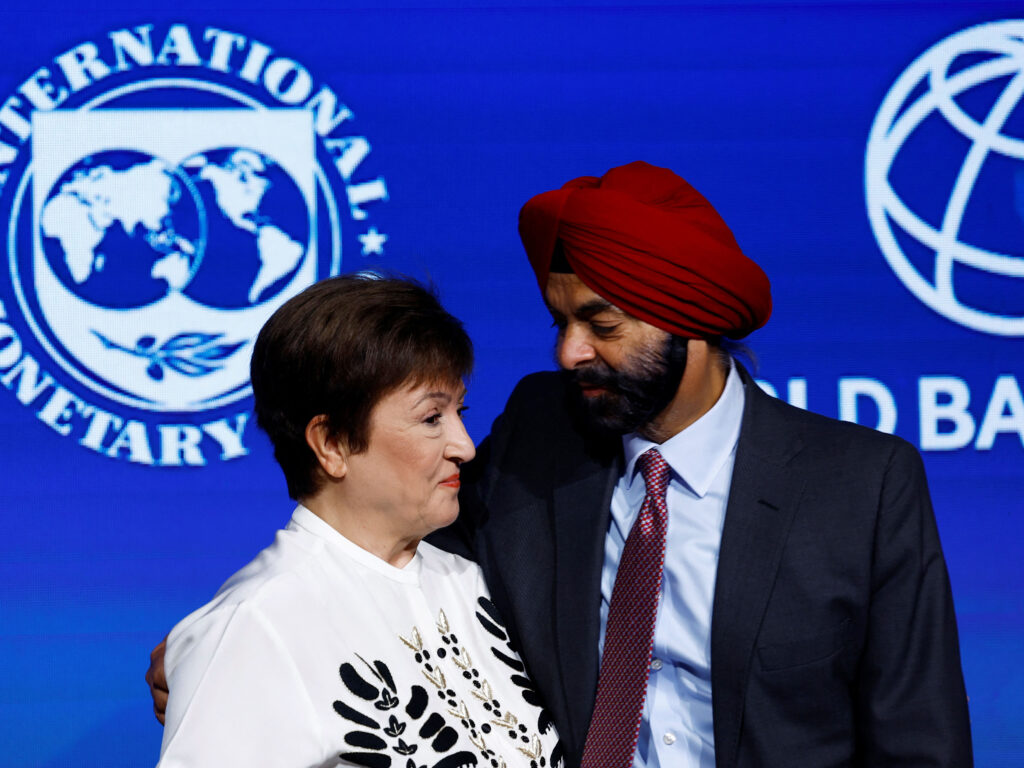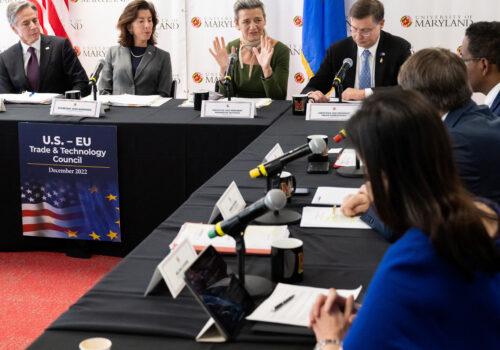This paper addresses the need for governance reform in the Bretton Woods Institutions (BWIs), namely the International Monetary Fund (IMF) and the World Bank. The report, informed by interviews with former officials, consultants, and think tank experts, provides an analysis of the challenges these institutions face in a rapidly evolving geopolitical climate.
The authors highlight that the most recent reforms in the BWIs, including the IMF’s General Reviews of Quotas and the World Bank’s selective capital increases, have been insufficient in adapting to significant economic and geopolitical shifts. The paper emphasizes the need for a governance reform roadmap, focusing on quota reallocation, diplomatic efforts, and a commitment to diversity and democratic principles.
Key points include the stagnation in quota shares and Special Drawing Rights (SDR) allocations in the IMF, with the Fifteenth General Review of Quotas concluding in 2020 without any alterations. The anticipatedIMF outcomes of the Sixteenth and Seventeenth General Reviews of Quotas suggest a potential shift in the representation of major economies like China and India, but concerns remain about the slow pace of substantial reforms.
The report examines geopolitical challenges, especially the reluctance of the United States and Japan to significantly increase China’s role and influence in the BWIs. This has led to the underrepresentation of certain regions like Southeast Asia and Africa, both in terms of quota shares and on a nominal GDP and per capita basis. The paper underscores the persistent inequalities in representation since the founding of the BWIs in 1944, with fluctuations in power generating grievances for underrepresented states.
The authors propose a four-point approach to governance reforms in the BWIs, emphasizing rules-based, automatic quota reallocation, transparency, and gradual changes. They suggest introducing weighted voting on the executive boards for specific issues, like climate change; creating a joint committee for governance reforms, and addressing the overrepresentation of European nations. They also highlight the critical role of Executive Directors (EDs) in governance reform, advocating for more diverse representation in leadership and staff, and suggesting policy changes to enhance transparency and inclusivity. The authors also advocate for doubling the number of deputy directors and vice presidents at the IMF and World Bank, respectively, and instituting a rotational system for Executive Board leadership to ensure more geographic diversity in the BWIs.
In conclusion, the paper calls for a democratized governance structure in the BWIs, emphasizing the need for reevaluating quota allocations and diversifying leadership roles. By addressing these foundational challenges, the BWIs can navigate the complexities of today’s global economic landscape more effectively, fostering trust, representation, and robust leadership. The authors also argue persuasively that BWI reform can not only reinforce the legitimacy of the IMF and World Bank but also indirectly help the soft and hard power of the states most hesitant to reform the international monetary system.
Sienna Nordquist is a Bretton Woods 2.0 Fellow with the GeoEconomics Center. She is also a PhD student in Social and Political Science at Bocconi University (Milan, Italy).
Joel Christoph is a Bretton Woods 2.0 Fellow with the GeoEconomics Center. He is also a Ph.D. researcher in Economics at the European University Institute (EUI) in Italy.

At the intersection of economics, finance, and foreign policy, the GeoEconomics Center is a translation hub with the goal of helping shape a better global economic future.
Related content
Image: World Bank President Ajay Banga and Managing Director of the International Monetary Fund (IMF), Kristalina Georgieva, attend a panel on the third day of the annual meeting of the International Monetary Fund and the World Bank, following last month's deadly earthquake, in Marrakech, Morocco, October 11, 2023. REUTERS/Susana Vera.


